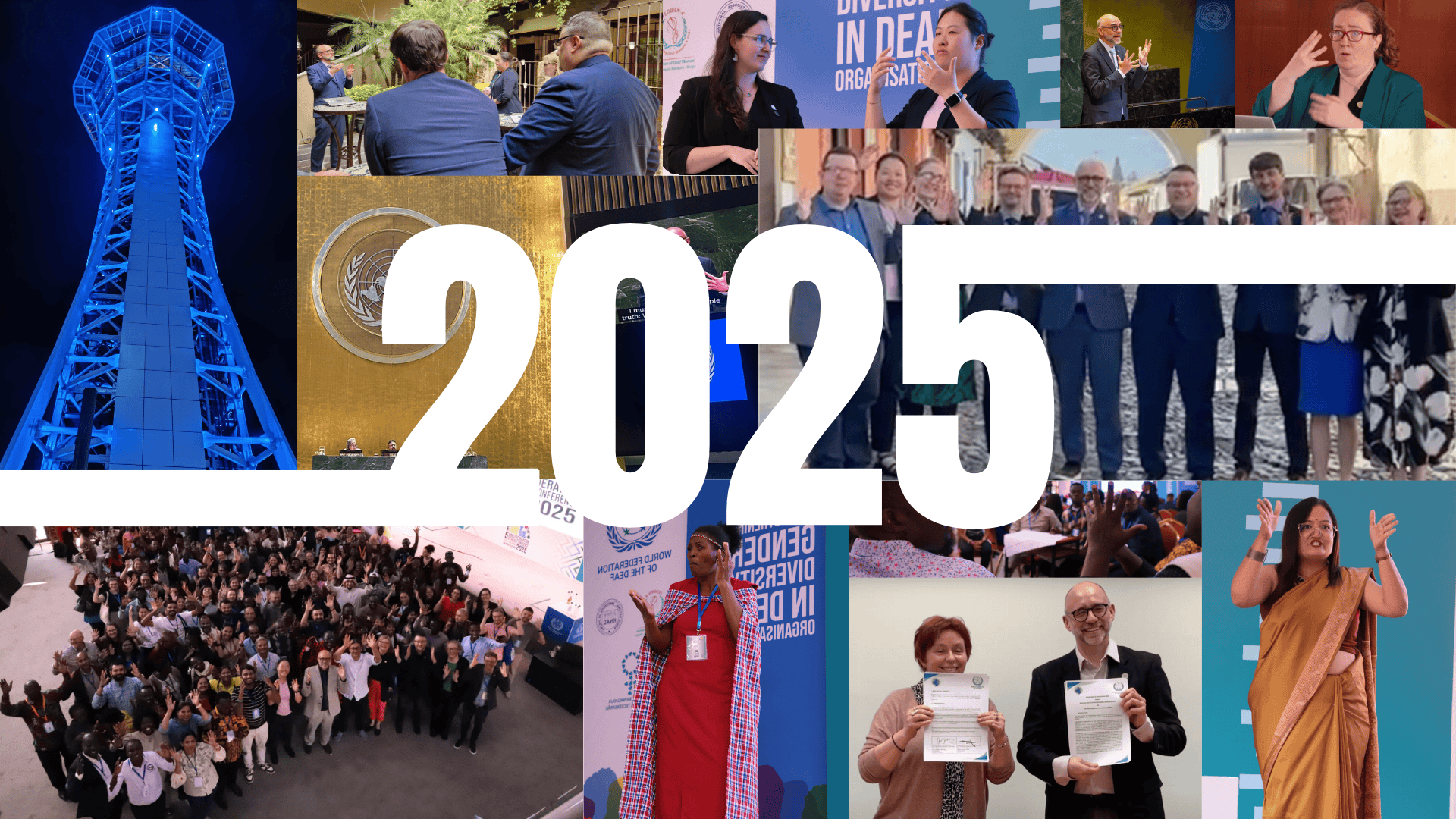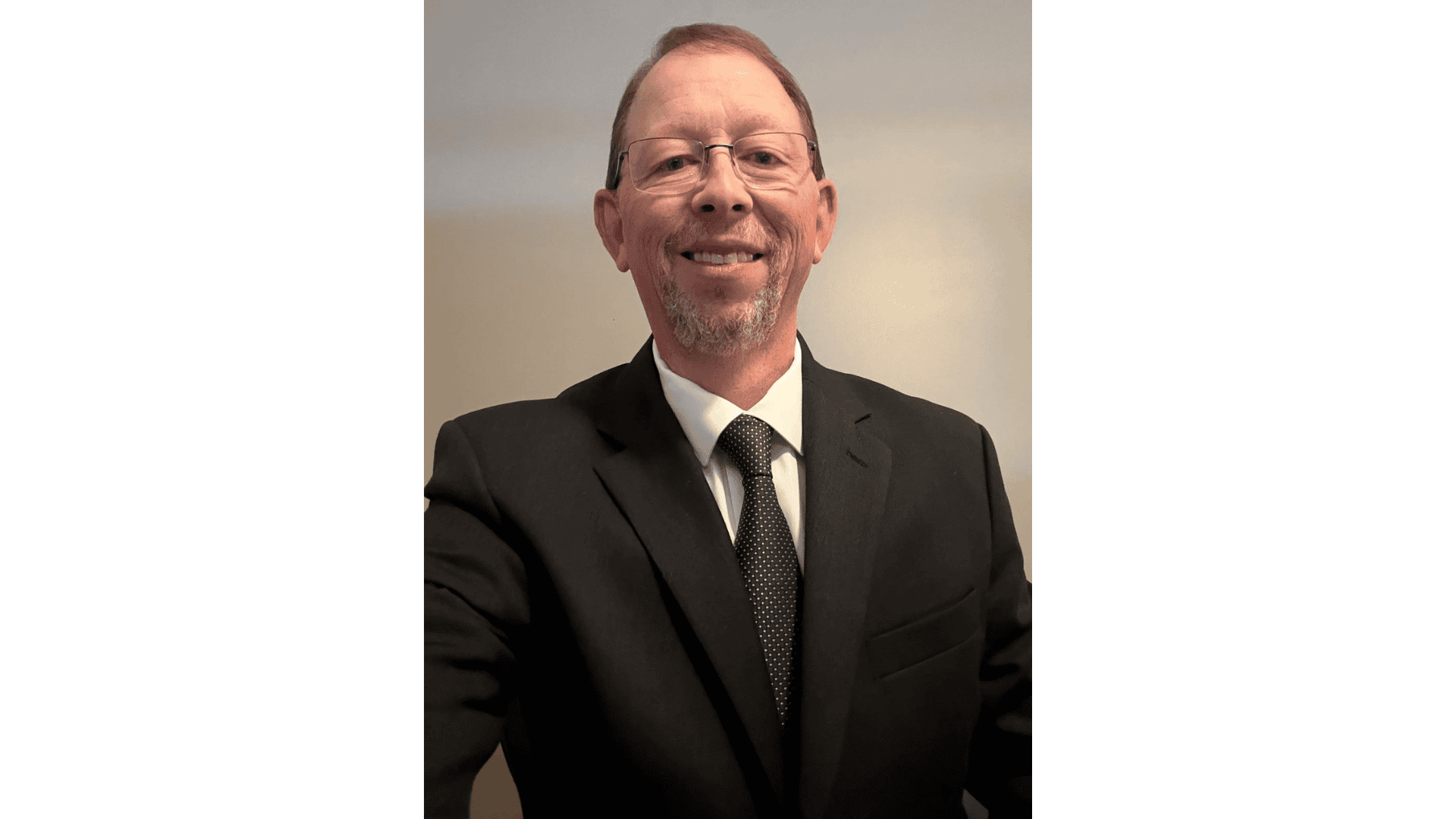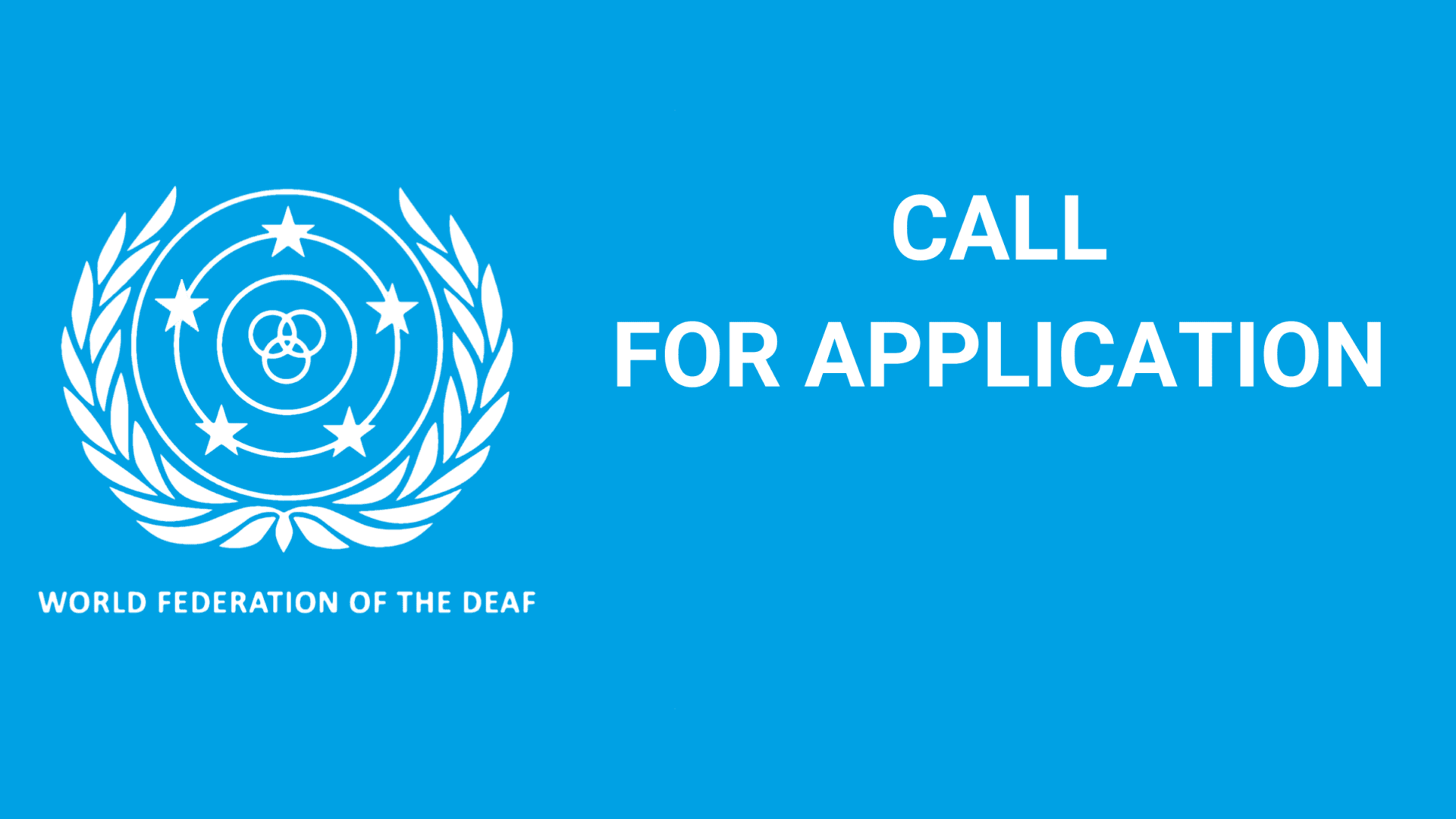The 2010 ICED Organizing Committee opened the 21st International Congress on the Education of the Deaf in Vancouver, Canada with a long-awaited sweeping repudiation of the 1880 Milan ICED resolutions. These resolutions banned sign language in educational programs for deaf children, resulting in deprivation of access to quality education and minimal equality in life for Deaf citizens all over the world.
The Vancouver ICED 2010 Organizing Committee and the British Columbia Deaf Community (BCDC) collaborated on the statement, “A New Era: Deaf Participation and Collaboration” which rejected the Milan resolutions, expressed deep regret for the detrimental effects of the Milan resolutions, and promoted the acceptance of and respect for all languages and forms of communication in educational programs. The New Era Accord begins with the statement of working with national governments to adhere to the principles of the United Nations Convention on the Rights of Persons with Disabilities (CRPD) which states that sign language is a human right and that education includes full acquisition of language, academic, practical and social knowledge. The other statements include endorsement of the resolutions adopted by the World Federation of the Deaf at its 15th Congress in 2007 including equal and appropriate access to a multi-lingual, multi-cultural education; inclusion of Sign Languages as legitimate languages equal to the nation’s spoken languages; the inclusion of Deaf people in all aspects of education from the very onset; and the promotion of human rights for all.
After Joe McLaughlin, member of the Organizing Committee, read the Statement of Principle and Accord for the Future to the plenary audience of about 750 participants, there were emotional cheering and standing high-fives ovations in response to this significant dawning of a new era of human rights and alliances. Participants at the ICED Congress and the BCDC were invited to sign the document.
The unifying message of the diverse plenary speakers during this Congress was the importance of Sign Language, Culture and Community for all Deaf children, across various communication options and with or without hearing devices.
At the ICED Closing Plenary Session, Joe McLaughlin stated that 600 participants had signed the New Era Principles and Accord during this Congress. The Hong Kong Association of the Deaf brought a letter with 356 more signatures. McLaughlin called World Federation President Markku Jokinen to the stage to receive the New Era document, which will continue to gather signatures, travel to the 16th WFD Congress in South Africa in 2011, and ultimately return to the ICED Congress in Greece, 2015, as a continuous beacon of and commitment to our new understandings and partnerships around the globe. The document represents a new chapter where human right principles, as set forth in the United Nations CRPD, will become entrenched in educational practices and become part of the legacy of the 2010 Vancouver ICED Congress.
Markku Jokinen congratulated the ICED Organizing Committee and all participants for being part of this significant movement to repudiate the damaging resolutions set forth by the 1880 Milan ICED Congress and to embrace the New Era guiding principles reinforcing human rights and alliances in education. He shared his reflections on the essence of education and the far-reaching implications of the New Era Accord.
“Education, which is much more than just scores, curriculum, and pedagogies, means nurturing deaf children to become full human beings with rights, knowledge and skills. It means enabling them to their maximum potential as individuals in today’s society. We must also recognize and value diversity within the Deaf community – Deaf, hard of hearing, Deaf-blind — with full rights to language, culture, community and choices.
“The principles in the New Era Accord are derived from the United Nations Convention on Human Rights for Persons with Disabilities (CRPD) which has been ratified by many of the countries represented at this Congress. The CRPD, an official doctrine articulating our human and educational rights, should inform our work with our respective governments in our planning and implementation of educational policies and programs. Education is laden with values, which will vary among individuals. Thus, taking the lead from those individuals, families and professionals need to vary their approaches to incorporate those basic and individual human values and preferences while adhering to the fundamental CRPD principles.
“The tremendous support for the New Era Accord shown at this Congress is inspiring. However, our work has only just begun. It will take time, patience and wisdom to sustain permeating change. We all have been hurt, excluded, marginalized and angry at hearing people for the damage visited upon us over generations, 130 years since Milan. We need to forgive ourselves and those others, to become spiritually liberated to forge forward with new alliances towards a positive, productive future together.
“I am honored to be here to receive the document stating the principles of human rights and education for all. We welcome you to join us at our 2011 WFD Congress in South Africa, to work alongside us to enable Deaf youngsters to achieve full, enriching lives as self-actualizing human beings. WFD has 130 member countries. To show our great appreciation to the ICED Organizing Committee and to the British Columbia Deaf Community for creating this monumental New Era alliance, I would like to give this reindeer sculpture to each organization. In Finland, from where I hail, reindeer are small but powerful animals which depend on each other in the pack to survive. Like reindeer, we need and value each other.”
There was a group hug and a standing ovation as Claire Anderson (ICED) and Wayne Sinclair (BCDC) received the symbolic gifts from WFD.
“‘Partners in Education,’ the theme of ICED2010, emphasizes the importance of working together,” said Anderson, Congress Chair, “ It is with respectful partnerships of educators, parents, students, and the Deaf and hard of hearing communities that we will maximize opportunities for meeting the educational needs of our students.”
“History has been made today and the words of the Vancouver Statement can replace the hurt caused by the Milan decision,” stated McLaughlin.
For more information on the New Era Accord.




